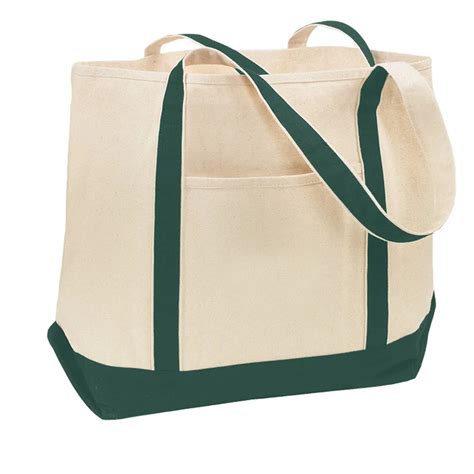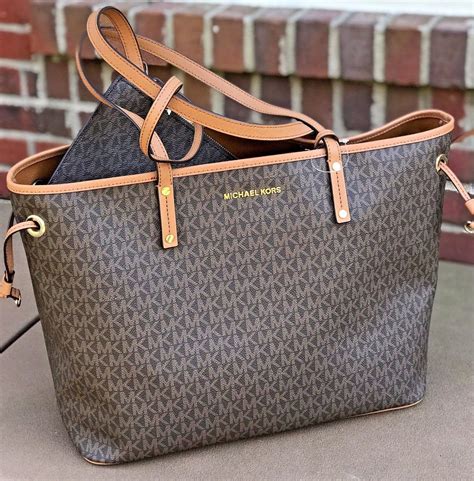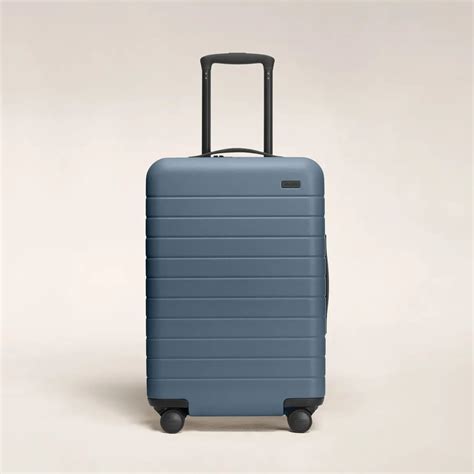mochila de crian?a diabo | Compartilhem aqui seu nome favorito para o diabo : r/brasil
$118.00
In stock
The Brazilian Portuguese language, rich with its nuances and cultural undercurrents, offers a fascinating glimpse into the human psyche, particularly when it comes to conceptualizing abstract ideas like evil, temptation, and the figure of the Devil. Within this linguistic tapestry, the phrase "Mochila de Criança Diabo" (roughly translated as "Devil's Child Backpack") stands out, not necessarily for its widespread usage, but for its evocative and unsettling imagery. It’s a phrase that hints at the subtle, almost insidious way evil can attach itself to the innocent, or perhaps, how perceived innocence can be a deceptive mask. This article delves into the potential meanings and connotations of "Mochila de Criança Diabo," exploring its origins, related terms, and the broader cultural anxieties it might represent. We will examine its relationship to other names for the Devil in Brazil, its potential usage in folklore or popular culture, and ultimately, attempt to understand why this particular phrase resonates with a chilling, albeit intriguing, effect.
The origin of the phrase "Mochila de Criança Diabo" is somewhat shrouded in mystery. Unlike more common names for the Devil, such as "Belzebu" (Beelzebub), "Tinhoso" (the Sullen One), or even the straightforward "Diabo" (Devil), "Mochila de Criança Diabo" feels more like a metaphorical construct, a descriptive image rather than a formal title. Its existence seems to be primarily within online discussions and personal reflections, as evidenced by the Reddit thread cited in the prompt.
The Reddit thread "Compartilhem aqui seu nome favorito para o diabo" (Share your favorite name for the Devil here) provides a crucial starting point. One user expresses a preference for "Mochila-de-criança" due to its obscurity, finding it more intriguing than other, more widely known names. They contrast it with "Estrela da Manhã" (Morning Star), another name for Lucifer, which they find impactful due to its ambiguity and immaterial nature. This comparison is significant because it highlights the perceived strength of "Mochila de Criança Diabo" – its ability to conjure a specific, albeit unsettling, image.
Deconstructing the Phrase:
To understand the potential meanings of "Mochila de Criança Diabo," we need to break down its components:
* Mochila: Backpack. A common, everyday object, often associated with children and school. It represents carrying something, bearing a burden, or holding possessions.
* De Criança: Of a child. This further reinforces the association with innocence, vulnerability, and potential corruption.
* Diabo: Devil. The embodiment of evil, temptation, and the antithesis of good.
Putting these elements together, "Mochila de Criança Diabo" evokes the image of a child's backpack, but one that contains something evil or is somehow connected to the Devil. This connection can be interpreted in several ways:
1. The Devil’s Burden: The backpack could represent the burden the Devil carries – perhaps the sins of humanity, the weight of his rebellion, or the constant struggle against good. By associating it with a child, it suggests a potential origin story, a time when the Devil was perhaps more innocent or vulnerable, and the "backpack" represents the initial seeds of his corruption.mochila de crian?a diabo
2. Corrupted Innocence: The phrase could symbolize the corruption of innocence. The child's backpack, a symbol of youthful naivety and potential, is tainted by the presence of the Devil. This suggests that evil can creep into even the most innocent of places and people.
3. The Devil's Influence on Children: Perhaps the most disturbing interpretation is that the "Mochila de Criança Diabo" represents the Devil's influence on children. It could suggest that children are not immune to evil and can be susceptible to temptation or manipulation. This is a particularly sensitive topic, as it challenges the idealized view of childhood innocence.
4. Hidden Evil: The backpack could represent the hidden nature of evil. Just as a backpack conceals its contents, the phrase suggests that evil can be disguised, even hidden within something seemingly harmless, like a child's possession.
Related Terms and Concepts:
The provided keywords offer further insights into the possible interpretations of "Mochila de Criança Diabo."
* Diferença entre mochila de criança e diabo (Difference between a child's backpack and the Devil): This highlights the inherent contrast between the innocent object and the embodiment of evil. The question implicitly asks: how can these two seemingly disparate things be connected?
* Significado de mochila de criança: Diabo, aquele que fica nas (Meaning of child's backpack: Devil, the one who stays in/on): This suggests that the backpack is not merely associated with the Devil, but actually contains or carries him. It reinforces the idea of the backpack as a vessel for evil. The incomplete sentence "aquele que fica nas..." implies that the Devil might reside within the backpack, influencing the child or corrupting their surroundings.
* Mochila de criança (Child's backpack): This serves as the basic, uncontaminated element from which the disturbing phrase is built.
Additional information
| Dimensions | 7.5 × 2.5 × 3.1 in |
|---|







